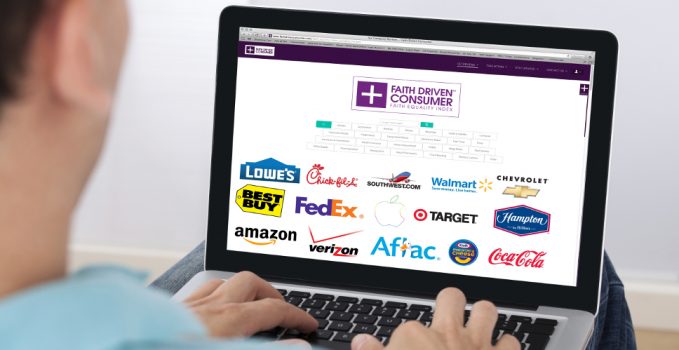Hint: It’s all about faith compatibility
Consumers expect more from brands than ever before—and a key element of these expectations is that brands will reflect and respect their values. This round of data from our national survey of Faith Driven Consumers shows what this market segment seeks—and expects—from brands. This faith-driven cohort, representing 41 million U.S. adults who spend $2 trillion annually, is a lucrative but largely untapped demographic, one far more likely to make spending decisions according to a biblical worldview. Our survey data shows that Faith Driven Consumers care about the values that brands exhibit. They actively seek brands that will welcome their Christian values—or at least respect them—and they are willing to ally with those that do.
Some key findings include:
- 84% of Faith Driven Consumers are more likely—50% much more likely—to do business with a company that is more faith-compatible than its competitors, compared to 59% of Christians overall.
- 87% of Faith Driven Consumers are more likely—56 percent much more likely—to do business with a brand that actively promotes their Christian values, compared to 58% of Christians overall.
- 86% of Faith Driven Consumers are more likely—54% much more likely—to do business with a brand that welcomes their Christian values more than its competitors, compared to 58% of Christians overall.
- 86% of Faith Driven Consumers are more likely—53% much more likely—to do business with a brand that welcomes them and acknowledges their values equally to other groups and their values, compared to 63% of Christians overall.
- 84% of Faith Driven Consumers are more likely—45% much more likely—to do business with a company that is recommended by a Christian organization. 54% of Christians overall are more likely.
- 79% of Faith Driven Consumers are more likely—45% much more likely—to do business with a brand that advertises directly to them. 50% of Christians overall are more likely.
- 73% of Faith Driven Consumers are more likely—45% much more likely—to support a brand being persecuted for its Christian values. 46% of Christians overall are.
- 72% of Faith Driven Consumers are more likely—39% much more likely—to do business with a brand that stops opposing their Christian values, compared to 49% of Christians overall.
These findings are consistent with a recent consumer study by the public relations firm Edelman which identified six dimensions of sharing that people expect from brands—with “shared values” ranking as the highest unmet demand among people. In addition, more than 90% of respondents reported desiring to do business with brands that share their beliefs.


























SOCIAL COUNTER
To RSS Feed
Followers
Fans